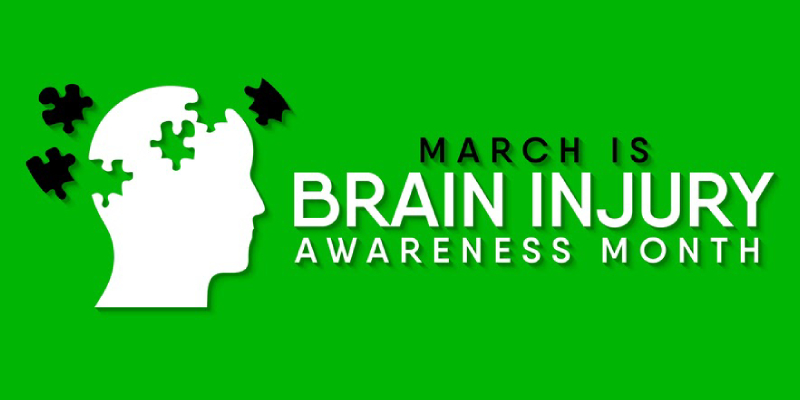Trusting a Trucker to Tell the Truth after a Big Rig Accident isn’t Always Wise
A lot of interests are at stake after a large trucking accident: beginning with the driver. The company he works for, the owner of the cargo and the insurance companies that cover all of them are hoping he’ll “hold the line” and keep his mouth shut after a serious wreck. But all the while, every trucking wreck ends up being a very expensive proposition and their side can often see the value of having a fall guy if things go wrong in their defense. So in order to not be that fall guy, almost immediately the driver will try and pass the blame off to you in order to keep his job.
This is one reason why it’s never a good idea to trust the truck driver to tell the truth when he or she causes an expensive accident. Often they will be fired in order for the rest of the defendants to distance themselves from the driver’s “unspeakable carelessness.” Then it could become very difficult for the driver to land a new job after costing his or her previous employer enormous amounts of money in liability claims. Sometimes trucking companies won’t wait and fire the driver outright: then distance themselves from their anticipated respondeat superior charges by the plaintiff and avoid liability by sloughing all of the blame on the now-dismissed driver.
And if this isn’t the driver’s first wreck at the wheel of a big rig, he might lose either (or both of) his state trucking driver’s license, or his DOT certification. So now this poor wretch has to find a new line-of-work. And with high unemployment in the U.S., the temptation for that driver to lie, cheat or behave dishonestly to save their job is too great if he wants to keep taking care of his family.
After suffering an injury in an 18 wheeler accident in which the driver of the truck claimed that our client was driving with his lights off at night, our investigators quickly examined the scene. They discovered a security camera outside a convenience store that was pointed directly its parking lot and the accident scene behind it. The video clearly showed our client’s headlights shining brightly. We proved that the truck driver boldly lied. Witnesses and defendants can lie and or callously misrepresent critical facts in trucking accident cases.
Our 18 wheeler accident Law Firm knows how to uncover the lies and shine the light on the truth. For decades, we have conducted thousands of 18 wheeler accident investigations and deposed tens of thousands of witnesses to get to the truth, the whole truth and nothing but the truth.
Our Law Firm has decades of successful skill in handling personal injury litigation in 18-wheeler accident claims and cases. If you’ve been seriously injured, or a family member has been killed by one of these trucks, our expertise assures that you receive the fairest compensation possible for the injuries and pain you have suffered, or the wrongful death of your loved one. We’ve helped deliver millions of dollars to hundreds of accident victims in Texas. Our experienced accident lawyers can help you win the best compensation possible for you.
Call us today at 1(800) 862-1260 (toll-free) for a free consultation to continue your road to total recovery and resume your life. You’re already been victimized once. Don’t let it happen a second time because you waited too long to do the right thing about it.



